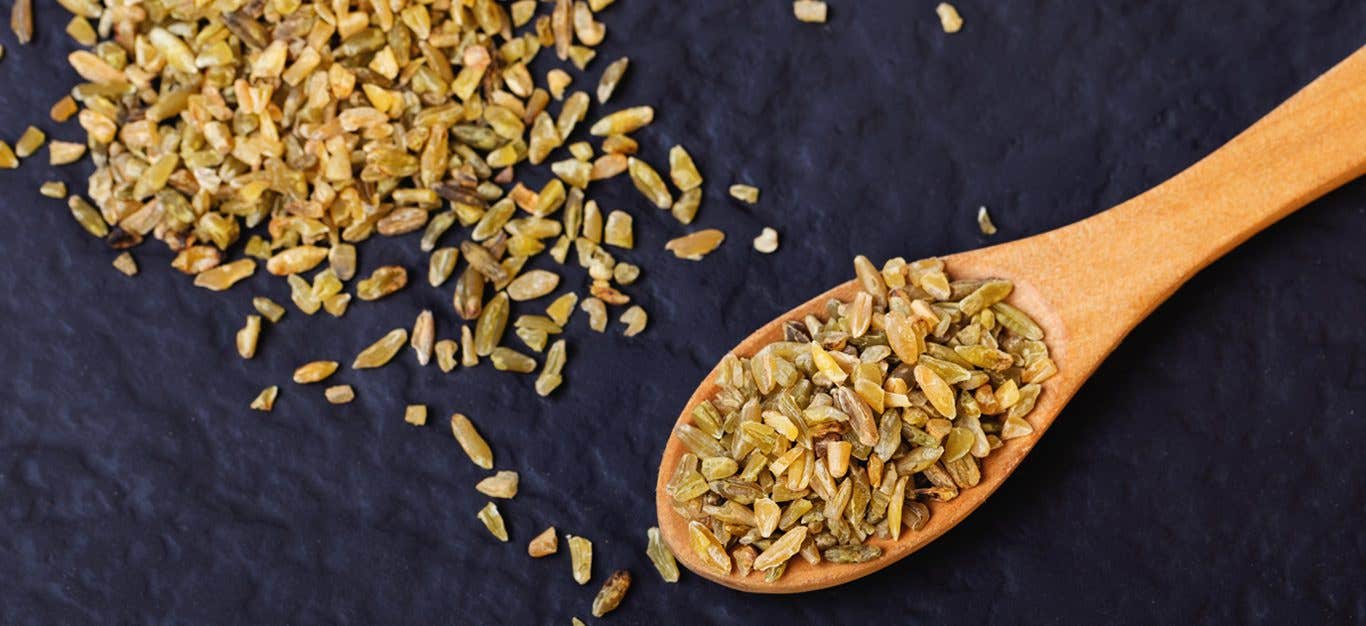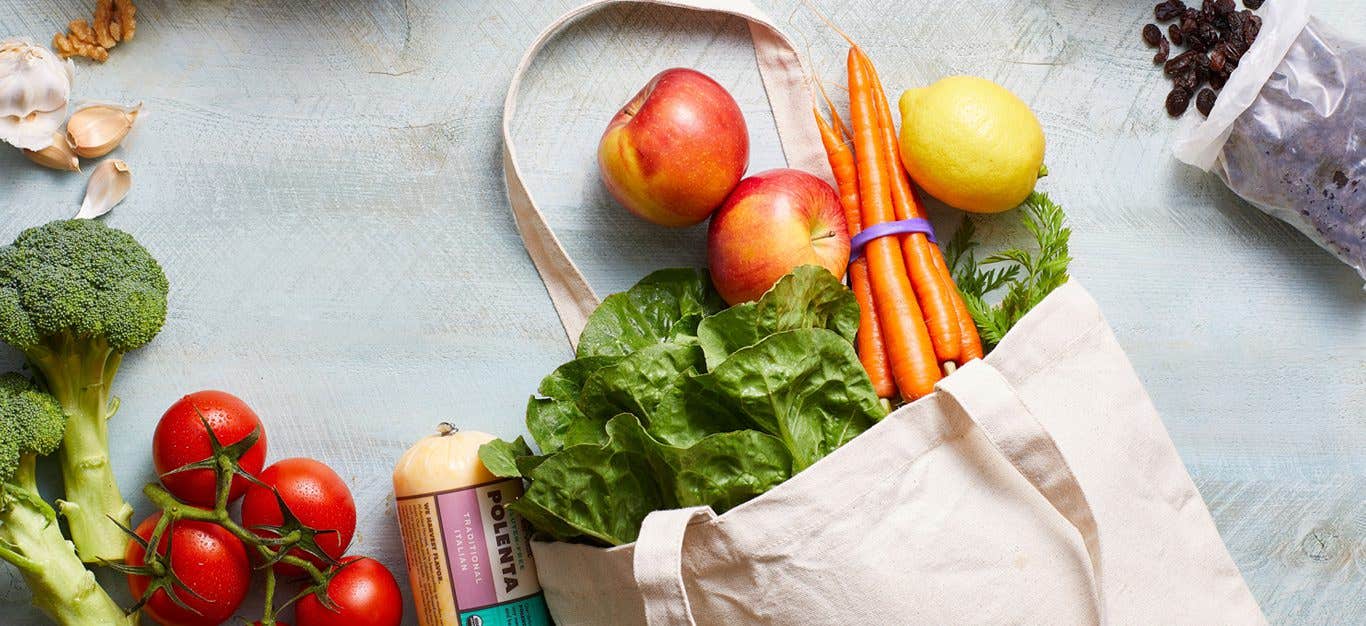Jicama—also called Chinese yam, yam bean root, Mexican potato, fon goot, or sicama—is a root vegetable native to Mexico and Central America. It’s often described as a cross between a potato and an apple. The jicama plant is technically part of the legume family and grows as a vine, with the most commonly eaten part being the root—a round bulb with rough, light brown skin that is easy to peel. Jicama can resemble a turnip or even a beetroot, and it can weigh up to 50 pounds—although it is best to eat smaller bulbs that weigh under five pounds.
Taste
Biting into raw jicama will give you a great crispness and crunch and not much flavor! Jicama is often described as a cross between a potato and an apple. It is crunchy like an apple but not at all sweet, and despite its potato-like appearance, it’s not starchy. It has a sort of mild, “milky” taste. The crunchy, watery texture makes it reminiscent of water chestnuts. It can be described as light and refreshing, particularly when eaten in the traditional way in Mexico: with a squeeze of fresh lime juice and sprinkle of cayenne. Jicama makes a great crunchy, light snack that gives you something to munch on while keeping you hydrated, too.
Nutrition
Jicama is high in fiber and micronutrients and very low in calories, with roughly 50 calories in 1 cup. That 1-cup serving will provide 6 grams of prebiotic fiber (which helps to fuel healthy gut bacteria), and it is a good source of the minerals calcium, potassium, magnesium, and vitamin C.
Where to Buy
Look for jicama alongside other root vegetables, such as rutabaga, potatoes, and turnips. They are available year-round in most grocery stores nationwide. Look for firm tubers without bruises, cracks, or discoloration.
How to Store, Peel, and Eat Jicama
Jicama skin is toxic, so always peel it before eating. Interestingly, jicama does not turn brown when exposed to the air after being cut, so you can peel it in advance and store it in an airtight container in the refrigerator for up to a week until ready to eat.
1. To peel jicama, use a sharp knife or vegetable peeler, to remove all the tough skin.
2. Cut the jicama in half so you have a flat side for stability.
3. For slaws and salads, grate or julienne the peeled jicama. For roasting, broiling, or air-frying, cut it into thicker strips (about a half inch or an inch wide).. For snacking, cut into strips or chunks, drizzle with a squeeze of fresh lime or lemon juice and, if you like, add a sprinkle of sea salt and/or cayenne pepper.
Alternatively, if you own a mandoline, jicama can be sliced easily in thin rounds for roasting or julienned for use in salads, stir-fries, or other dishes.
How to Cook Jicama
Here are some basic cooking instructions.
Oven-roasted: Preheat oven to 400°F. In a bowl, toss peeled and sliced jicama with desired seasonings, such as a squeeze of lime juice or pinch of paprika and sea salt. Spread pieces out in a single layer on a baking sheet. Roast for 15 to 20 minutes.
Sauteed or stir-fried: In a sauté pan, cook peeled and matchstick-cut jicama sticks over medium 3 to 4 minutes. (Or add to a stir-fry in the last few minutes of cooking.)
Air-fried: Preheat air fryer to 375°F. In a bowl, toss peeled and sliced jicama with a squeeze of fresh lime juice and a sprinkling of desired seasonings. Spread out in a single layer in air-fryer basket. Air-fry 20 to 25 minutes or until browned and crispy, removing the air-fryer basket and tossing the pieces twice during cooking.
Jicama Recipes
Because of its mild, milky taste and ability to absorb the flavor of foods that it is prepared alongside, jicama can be incorporated into many different types of dishes. To get you started, here are a few jicama recipes from Forks Over Knives.
- Summer Celebration Fruit Bowls
- Veggie Wraps with Herbed Hummus
- Ginger-Lime Watermelon Salad
- Watermelon Gazpacho
- Tucson Spicy Lentil Tacos
For more guidance in healthy cooking, check out Forks Meal Planner, FOK’s easy weekly meal-planning tool to keep you on a plant-based path. To learn more about a whole-food, plant-based diet, visit our Plant-Based Primer.

Related News
Get Our Best Price On The Forks Meal Planner

Forks Meal Planner takes the guess work out of making nutritious meals the whole family will enjoy.
SAVE $200 ON OUR ULTIMATE COURSE

Join our best-selling course at a new lower price!



